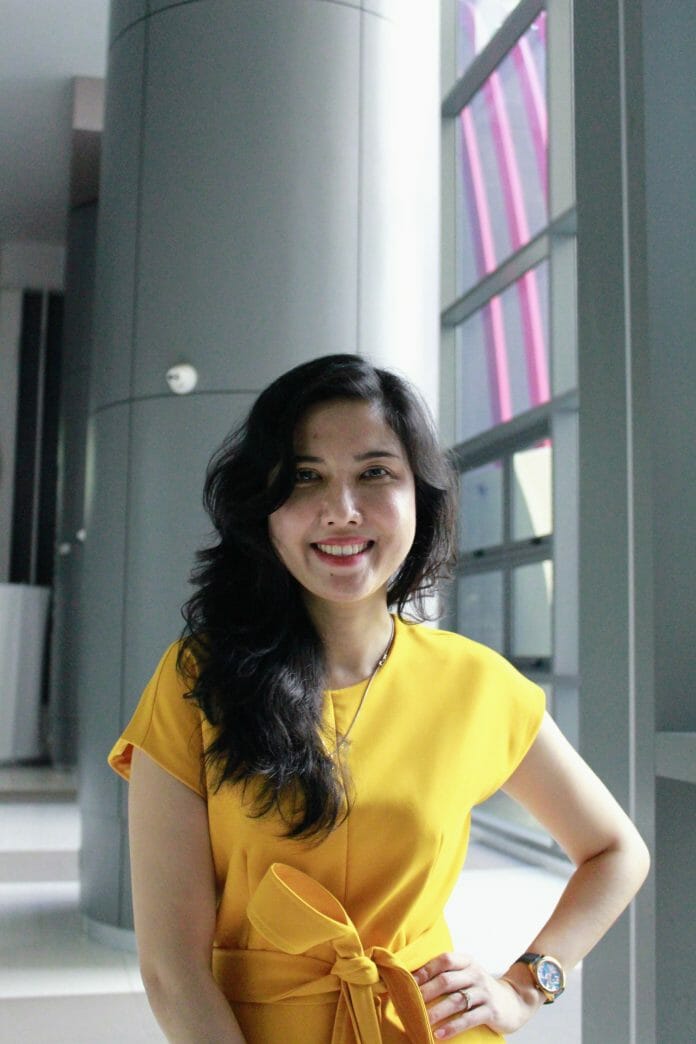As an educator in Sunway University, I work daily with Gen Z students on a daily basis which has been a delightful learning curve for me. Since it is anticipated that 30% of the workforce will consist of Gen Z by 2030, and we are emerging into the endemic phase from the lockdowns, there is some learnings that perhaps, we educators can share to make it easier for corporations and families to develop closer, and more productive relationships with this unique generation.
Essentially, Gen Z – referred to as Zoomers – is made up of individuals born after 1996. Among other things, Zoomers are said to be more culturally sensitive and environmentally conscious compared to the generations that precede them. Zoomers are further known to be technology savvy, prompting the popular press to dub them as “digital natives”. This particular aspect became all the more salient when lectures and tutorials transitioned from face-to-face to online mode in the wake of Covid-19.
“Cancel culture”, “stan”, “glow up”, “boujee”, “cheugy”: these are just a handful of the slang terms used by my Gen Z students. As an educator, I find it useful to know some of these words to strike a rapport with them. However, that alone is not enough. I am also mindful of their common traits and preferences. As only then will I be able to engage them in a meaningful manner.
I have also found that my students find the online learning sessions rather dreary in the absence of face-to-face dynamics. Therefore, my primary aim when conducting online lessons is to maintain high levels of engagement. To that end, I have adopted multimodal learning strategies, where in addition to lecture slides, my lessons are mixed with video clips, short quizzes, debates, Q&A sessions and student presentations. The practicality of the lessons is important as well. Students must be able to relate the theoretical aspects to real-world applications. To achieve that, I regularly draw from current trends, social media memes and popular culture to illustrate. Notwithstanding, extended periods of confinement can potentially impact students’ psychological wellbeing. In a study by Son et al. (2020) for example, over 71% of the students surveyed indicated high levels of stress and anxiety. Students were also found to be worried about their academic performance. In view of that, I accommodate flexible consultation sessions with my students to assist and guide them.
Since most students have opted to stay home since the Covid-19 pandemic broke out, the home environment is equally instrumental in keeping them engaged. As a mother myself, I know that parents can play a vital role in that regard. Parenting expert Dr. Christine Carter (2020), recommends that parents of Zoomers ensure a balance of online and offline interactions. She suggests that parents encourage family bonding over meals and activities by reducing time spent on digital devices such as smartphones and gaming consoles. Dr. Carter further recommends that parents work with their children’s existing motivations, rather than trying to get them to feel motivated by goals set by others. I believe such strategies can help Zoomers remain engaged with their respective families and more importantly stave off undesirable side-effects of confinement such as anxiety and depression.
As for future employers, I believe that Gen Z presents a new value proposition to the market. After all, this new generation is said to be independent, unconventional, socially and environmentally responsible and values inclusivity. In particular, Tjiptono et al. (2020) report that Zoomers are more entrepreneurial and empowered in their worldviews, compared to members of previous generations. Therefore, organisations looking to attract the best of Zoomers to their fold need to make structural changes to their current workflows and processes, towards increasing accountability and challenges. Apart from that, as ‘digital natives’, Zoomers are expected to value non-conventional modes of working. It’s only natural then that organisations must look to adopt a hybrid workplace model which mixes in-office as well as remote work. This new work format should in turn engender a better work-life balance– a key consideration among Gen Z – and cultivate a highly engaged workforce.
Dr Siti Munerah Abdul Karim is a lecturer and programme leader for Business Studies in the Department of Marketing Strategy & Innovation in Sunway University. She was a Global Talent and Project Director for a consultancy firm who managed the global internship programme for employees of Indonesia’s biggest telecommunication company prior to venturing into academia. During her years in corporate, she worked in the training and development corporate sector where her main expertise was in client relationship management. She first joined the academic field as Research Assistant at Multimedia University, Malaysia, while completing her PhD in Management. Currently she is teaching Principles of Marketing, a core subject for all first year students in Sunway University Business School. Her skill set primarily comprises communication and cross-cultural skills, organisational skills and interpersonal skills. Her research interests are Consumer Behaviour, Corporate Sustainability and Sustainable Marketing.
References:
Son, C., Hegde, S., Smith, A., Wang, X., & Sasangohar, F. (2020). Effects of COVID-19 on College Students’ Mental Health in the United States: Interview Survey Study. Journal of medical Internet research, 22(9), e21279. https://doi.org/10.2196/21279
Understanding Malaysia’s Gen Z. Nielsen. (2019, May 9). Retrieved February 4, 2022, from https://www.nielsen.com/my/en/insights/article/2019/understanding-malaysias-gen-z/
Carter, C. (2020). The New Adolescence: Raising Happy and Successful Teens in an Age of Anxiety and Distraction. BenBella Books.
Tjiptono, F., Khan, G., Yeong, E. S., & Kunchamboo, V. (2020). Generation Z in Malaysia: The Five ‘E’Generation (Electronically Engaged, Educated, Entrepreneurial, Empowered, and Environmentally Conscious) in G. Elodie and E. Parry (Eds.) The New Generation Z in Asia: Dynamics, Differences, Digitalization. Emerald Group Publishing









